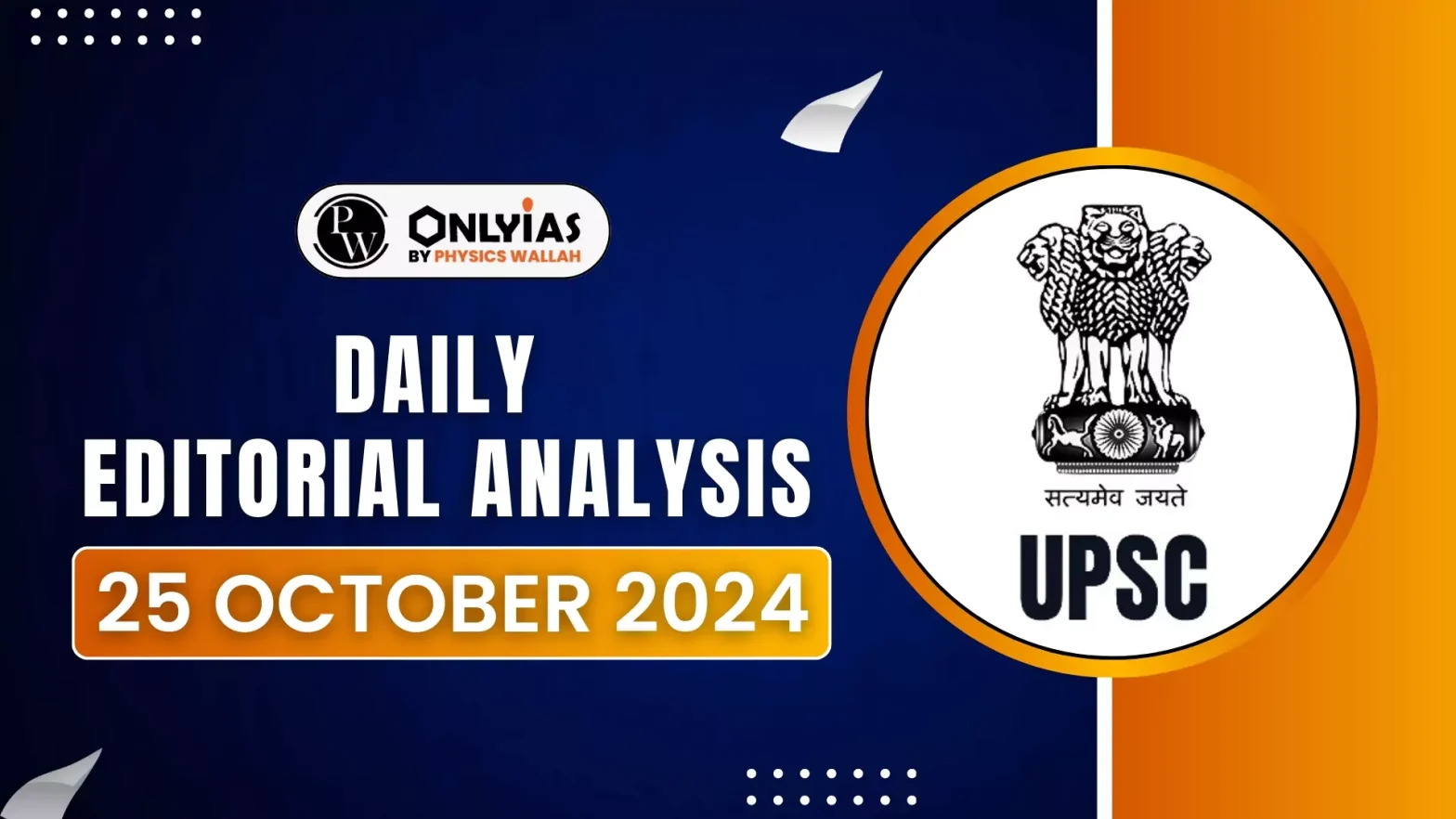Standing committees play a vital role in scrutinising bills and policies when Parliament isn’t in session. However, government resistance to open debate has reduced their effectiveness, highlighting an urgent need for reforms to restore their role in Indian democracy.
Decline in Parliamentary Activity
- Reduction in Parliamentary Days: The average number of days Parliament sits annually has dropped dramatically from 135 in the first Lok Sabha to just 55 in the 17th Lok Sabha (2019-24). This means that for around 300 days, committees are where the real work occurs.
Departmentally Related Standing Committees
- Members: The 24 Departmentally Related Standing Committees (DRSC) are now operational, consisting of 31 members each (21 from Lok Sabha, 10 from Rajya Sabha).
Their primary roles Standing committee include:
- Scrutinising Bills: Reviewing and refining proposed legislation before it’s debated in Parliament.
- Evaluating Demand for Grants: Assessing budget allocations and expenditures of various ministries.
- Examining Policies: Analysing national policies and ensuring alignment with public needs.
- Providing Accountability: Offering checks and balances on executive actions by closely monitoring ministry reports and activities.
- Facilitating In-Depth Debate: Allowing MPs across parties to engage in focused discussions, fostering informed decision-making beyond the time constraints of Parliamentary sessions.
Enroll now for UPSC Online Classes
| Note: A Joint Parliamentary Committee (JPC) is a special ad-hoc committee formed for a specific purpose or investigation, unlike Standing Committees, which are permanent and handle ongoing legislative review and policy scrutiny. |
Performance Issues in Standing Committees
- Conflicting Opinions on Scope: Recent debate has emerged, such as within the Public Accounts Committee (PAC), over whether regulatory bodies like SEBI should come under its scrutiny.
- Not Working as Mandated:
- For instance, the Committee on Social Justice and Empowerment, responsible for overseeing the Minority Affairs, Tribal Affairs, and Social Justice and Empowerment ministries, is not meeting its full mandate.
- Attendance Issues: In 2023, some members of the Committee on Social Justice and Empowerment attended only one or two of its 16 meetings.
- Gender Representation:
- Only two out of 24 committees are chaired by women.
- The Standing Committee on Women Empowerment has not yet been constituted for the 18th Lok Sabha, and the Departmentally Related Standing Committee on Education, Women, Children, Youth, and Sports has not had a female chairperson in two decades.
- The Standing Committee on Women Empowerment, tasked with recommending measures for improving women’s status, has not been constituted for the current Lok Sabha.
- Decline in Legislative Scrutiny:
- In the 15th Lok Sabha, seven out of ten bills were referred to committees for scrutiny; however, this has dropped to only one in five in the current Lok Sabha.
- Bills are now passed after an average of just nine sittings, with three recent Criminal Law Bills reviewed in only 12 sittings.
- Committees often face delays in tabling reports, particularly in critical areas such as foreign affairs.
- In 2018, the Committee on External Affairs’ report on the Doklam issue was stalled for months due to objections from MPs of the ruling party.
Recommendations for Strengthening Parliamentary Committees
- Regular Tabling and Discussion of Reports: Committee reports should be consistently tabled and discussed in Parliament to ensure transparency and accountability.
- Rationale for Ignored Recommendations: While committee recommendations aren’t binding, Parliament should provide clear reasons if it chooses not to accept them.
- Timely Government Response: Government responses to committee recommendations should be required within 60 days, as practised in the British House of Commons, rather than the current six-month period.
- Longer Tenure for MPs: Extend MPs’ committee tenure to develop expertise, similar to the permanent committee structures of the US Congress.
- National Economy Committee: Establish a dedicated committee to review the state of the economy annually, initiate short discussions in both Houses, and include oversight of public borrowing.
- Constitution Committee: Form a specialised committee to scrutinise Constitution Amendment Bills to ensure they align with constitutional principles.
- Pre-Budget Scrutiny: Reinstate the practice of referring Demand for Grants (DFGs) to Standing Committees before elections, as followed in earlier Lok Sabhas.
- Transparency: Some observers suggest that committee proceedings should be broadcast live on Sansad TV to enhance transparency and public engagement in parliamentary activities.
Check Out UPSC NCERT Textbooks From PW Store
Conclusion
Increased attention to parliamentary committees is essential to strengthen democratic oversight and ensure effective legislative scrutiny. Adopting above given reforms will reinforce the committees’ role in accountable governance and informed policymaking.
![]() 25 Oct 2024
25 Oct 2024
